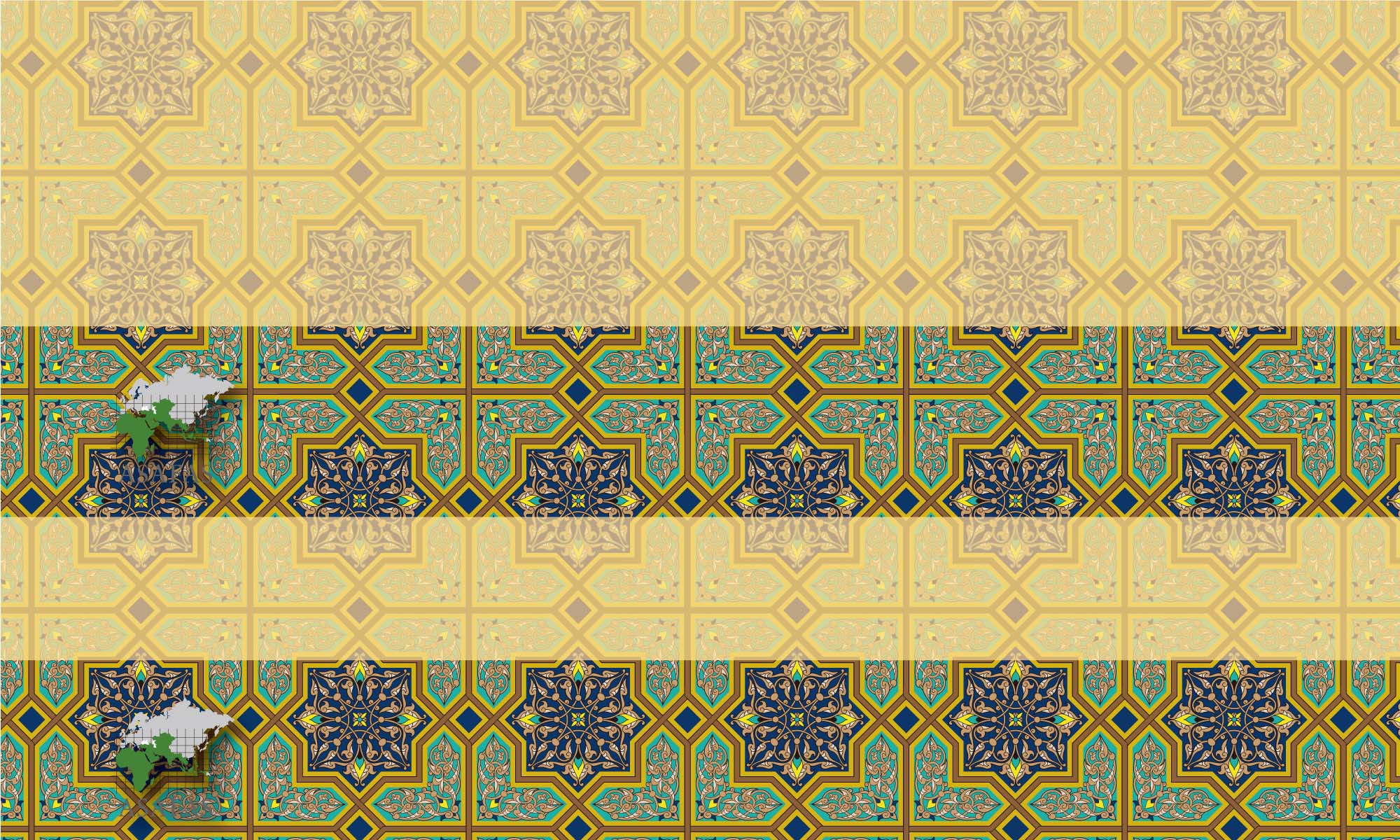The 4th Joint Research Meeting of “Research on Moderate Islam in the Non-Arab World: From the Cases of Indonesia, Pakistan and Turkey” (JSPS22H00034, Grant-in-Aid for Scientific Research (A), JSPS: TONAGA Yasushi, Kyoto University) and “An Attempt of Moderate Islam to Counter the Islamism: Focusing on “Religious Moderation” Policy of Indonesia” (Heiwa Nakajima Foundation, Aids for the Academic Research in Asia Region). (The 4th Joint Research Meeting “Moderate Islam in Non-Arab World”)
Date: February 15th, 2023, 16:00-18:00
Venue: Building No. 2, 6th Floor, Room 2-615a, Sophia University (Face-to-face and Zoom “hybrid format”)
Report 1: INOUE Aeka (Shujitsu University) “Jinnah, the ‘Minority’ Father of the nation”
Jinnah has been called ‘Father of the Nation’ in Pakistan. He fought for Indian Muslims’ peaceful life in Hindu dominant India. However, we must pay attention to the fact that he was the minority of Muslim society in colonial India, for instance, he was from Shi’ite family and got married with Farsi lady. But Indian Muslims never see it as a problem and have accepted him as Quaid-e-Azam. I believe this fact shows the diversity and the tradition of generosity among Indian Muslims.
Report 2: YAMANE So (Osaka University) “Literary Space and Religion in Late 19th-century Urdu Sources: Masnavi in the Cow Protection Movement”
This presentation focuses on an Urdu pamphlet, ‘The Lamentation of the Cow’, published in the early 1880s in Lahore. The journal was published by Arya Samaj, a Hindu reformist organisation. It is written in Urdu and contains articles and poems calling on Muslims to stop slaughtering more cows than necessary. Many of the descriptions are in a tone in which the Hindu side calls on the Muslims, and in an article some Muslims appear and speak in sympathy with the Hindu side.
Previous studies have spoken of the disconnection between Hindus and Muslims being aggravated by the late 19th-century movement for the protection of the cows, but the fact that there was such a move to avoid conflict peacefully and rationally points out the need for further research into sources from the period and a re-examination of the issue.
